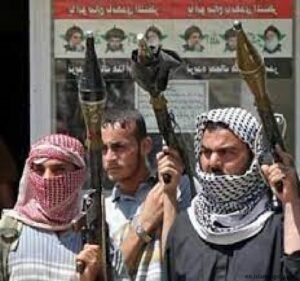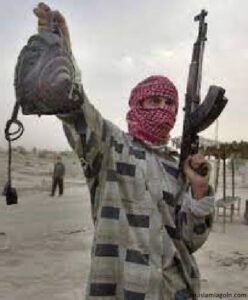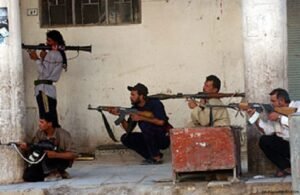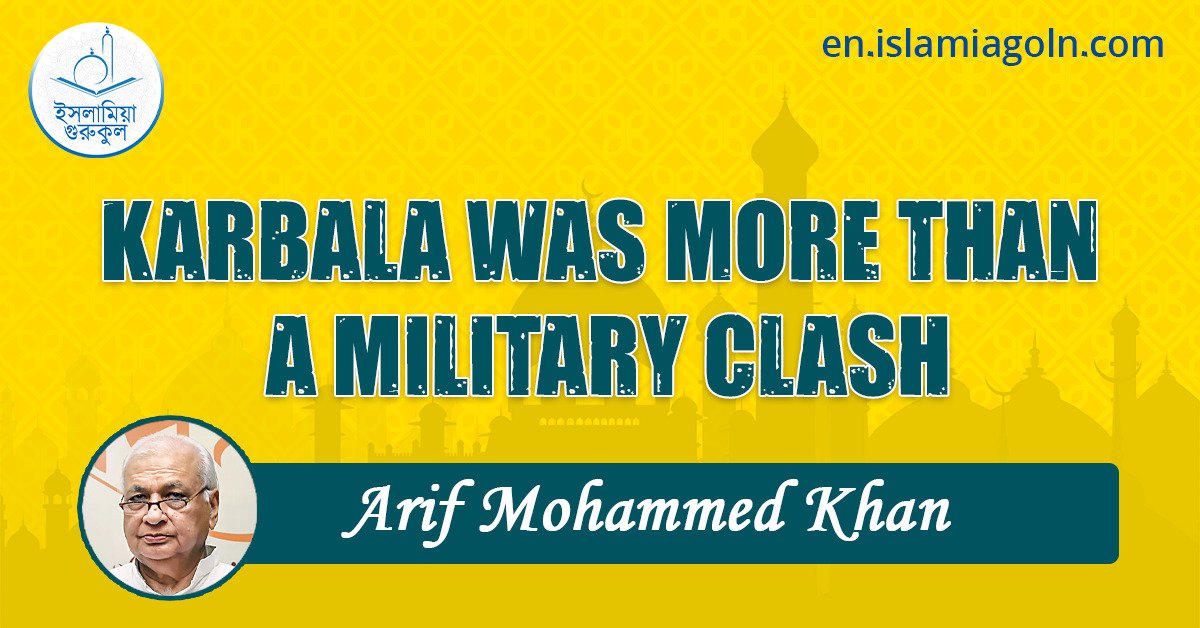Today’s Topic of Discussion: KARBALA WAS MORE THAN A MILITARY CLASH

KARBALA WAS MORE THAN A MILITARY CLASH
Evil is dominant and the good can be likened to leftover drops in a drinking bowl. Righteous conduct has become rare and wrongful behavior is raging. A believer is obliged by his faith to seek truth in all circumstances. Living under a tyrant is a disgrace and dying at the hands of an oppressor is true martyrdom.
Imam Husain, the grandson of the Holy Prophet, spoke these ringing words in the year 680 to a small band of followers and family members who had accompanied him to Karbala on the eve of the great tragedy, a tectonic event that had a lasting impact on the religion, politics, and morality of Islam.

The episode of Karbala is often portrayed as the history of an armed conflict between the forces of Yezid bin Muawiya, the ruler of the Muslim state, and Imam Husain. But historical accounts show that it was not a clash of two claimants to the throne, rather, it was an encounter between a despot who tolerated no dissent and a conscientious and upright visionary who believed in the dignity and freedom of man, and thought no sacrifice is great in upholding these values.
The emergence of the Muslim state of Medina in the year 622 was the result of the expression of trust (bait) by the residents Medina-including the Jews-in the person of the Holy Prophet, as reflected in the historically preserved constitutional document known as the ‘Covenant of Medina’ (Meethaq). The decision-making process was based on consultation (shura), which ensured freedom of expression and participation in public affairs both by the elders and the ordinary and young citizens.
The system of choosing a ruler by consent worked successfully for about the next forty years when it took a reverse turn and the new practice of securing trust vote by compulsion was introduced by the rulers who usurped or captured power by force. This new development resulted in the collapse of the republic and the establishment of dynastic authoritarian rule, a system repugnant to egalitarian Islamic values but sanctified by later-day cleric edicts.

In the year 676, the incumbent ruler Amir Muawiya nominated his son Yend as his successor. The move evoked strong popular resentment not only on account of Yezid’s sullied reputation as a licentious prince but also as asserted by Ibn Abu Bakr because it amounted to the ‘substitution of popular Caliphate by Kaiserdom
Imam Husain, who had refused to endorse the rule of Yezid, was living a life of quiet solitude in Medina engaged in spiritual and academic pursuits. He posed no military threat to Yezid, but his life of pious rectitude was a source of potential threat to the wayward ruler and the stability of his regime. Yezid, therefore, was anxious either to secure the Imam’s endorsement or put an end to this eminent life. Accordingly, he sent instructions to his Medina governor. The latter called the Imam to his palace to persuade him but flinched from executing the second part of the order and thus earned his sack.
Imam Husain could have avoided Karbala-where all the male members of the Prophet’s household, with one single exception, was slain in the most brutal manner by saying one word of endorsement. But that would have meant acknowledging force and violence as valid means to secure political goals. Imam Husain sacrificed his life to reject force and violence as arbiters and saved the values of human dignity and freedom of conscience.
Urdu poet Banarsi Lal Varma has said it beautifully It is wrong to say Husayn is beloved to the Muslims Husayn is the support for every oppressed soul.

1 thought on “KARBALA WAS MORE THAN A MILITARY CLASH”